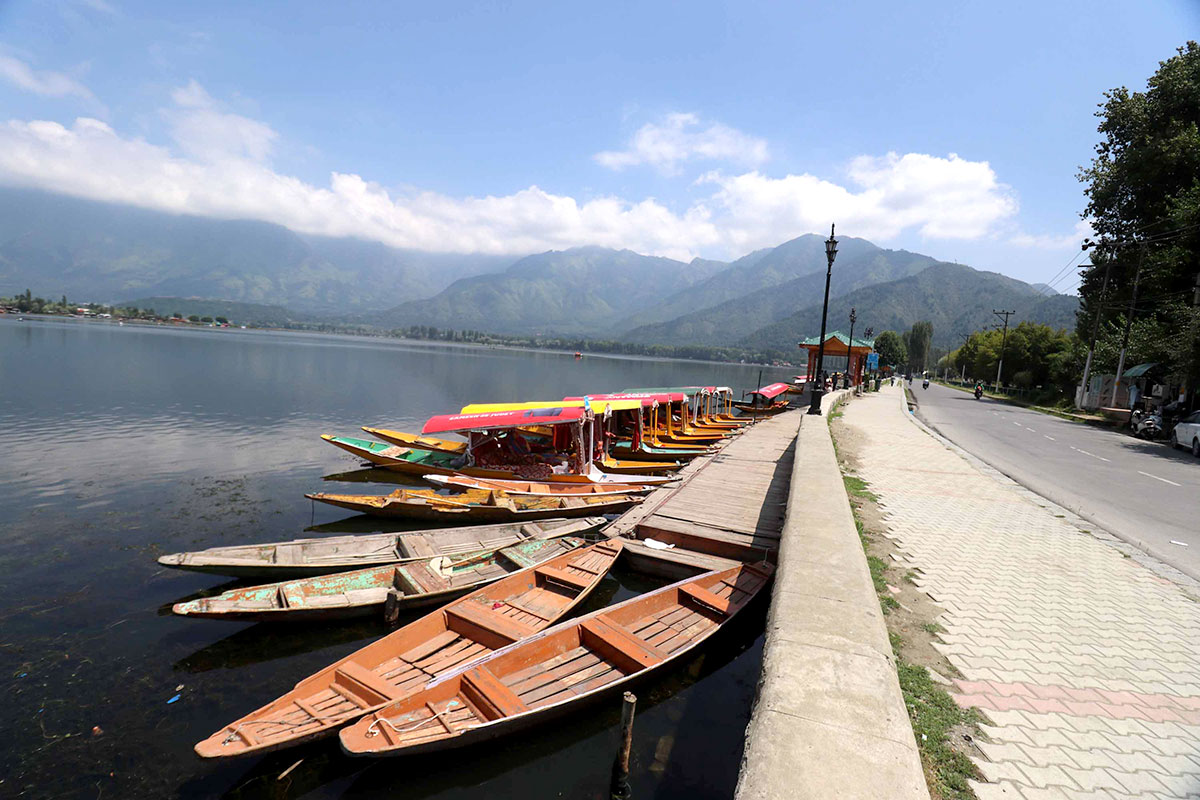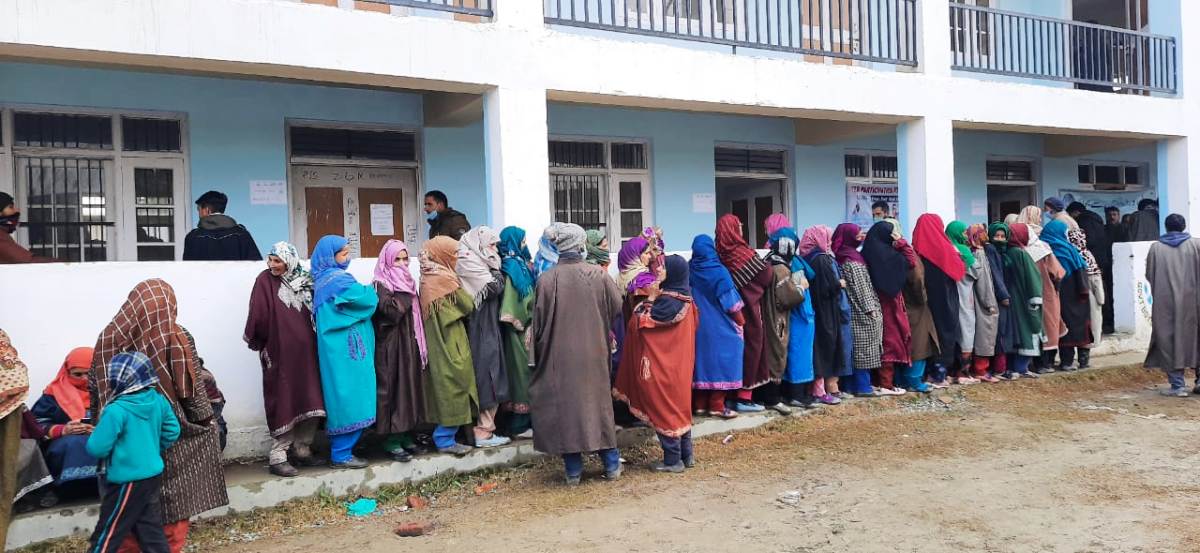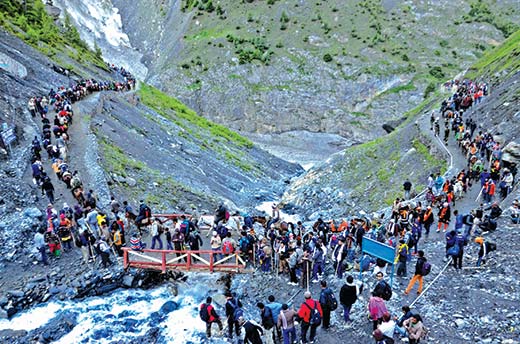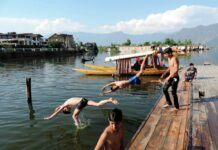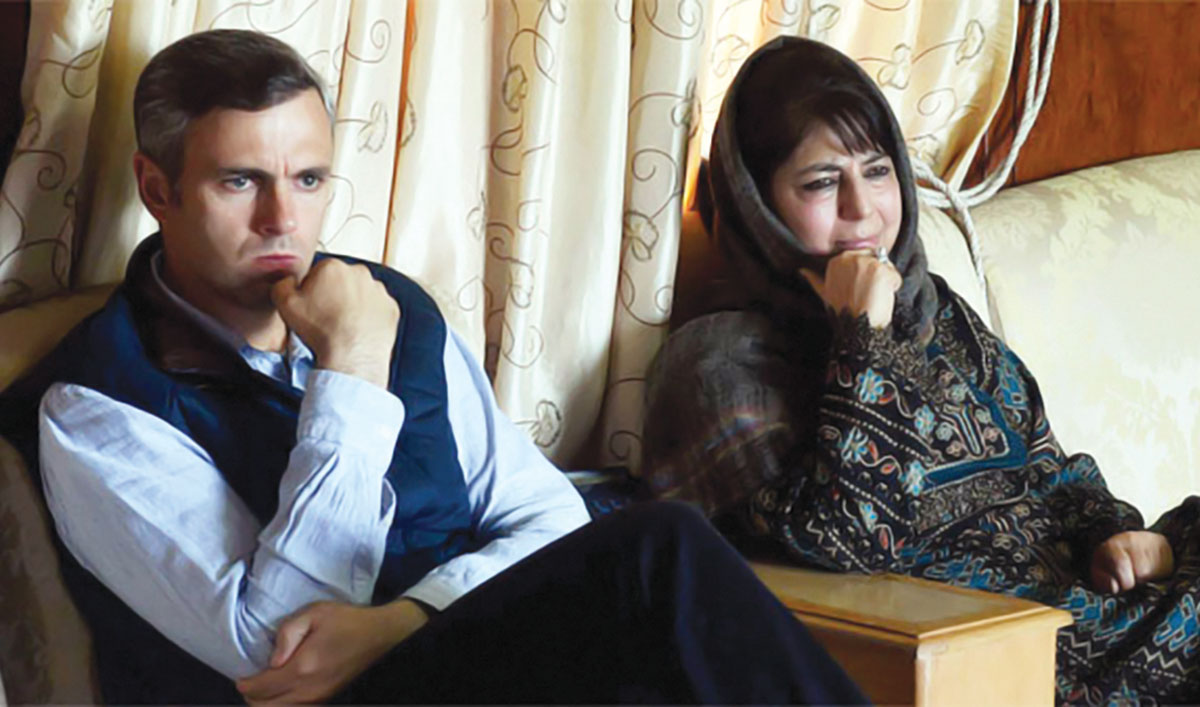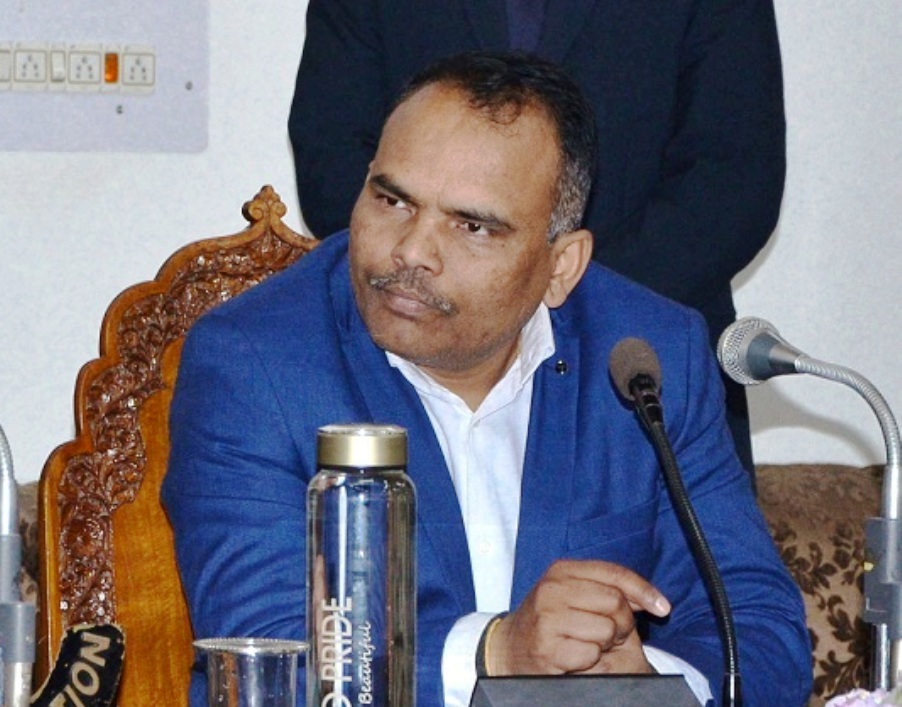KL NEWS NETWORK
SRINAGAR

If you want to describe this cross-LoC firing as a surgical strike, we cannot stop you, replied Pakistan High Commissioner Abdul Basit to Times of India (ToI) in an interview.
In the turbulent times which Indo-Pak diplomacy is facing in the wake of Kashmir uprising and the Uri attack followed by the “surgical strikes” the Pakistan diplomat in Delhi asserts that talks for the sake of talks only have wasted seventy years of the nuclear armed neighbours.
“But the fact of the matter is no surgical strike took place. And I can assure you that had there been any surgical strike, Pakistan would have responded immediately and proportionately. And we do not need time for preparation. But I would agree with those analysts who are asking for such serious terms to be not used so loosely because of the inherent dangers in doing that. It is important not to create false expectations. We have not seen anything extraordinary on September 29. It was routine cross-LoC firing in which 2 of our soldiers were martyred,” he said in response to a question.
Basit said that Pakistan stands by its commitment of international probe in Uri attack to “ensure we have conclusive and irrefutable findings”.
“Our offer is still there…because we need to get out of this blame game. And for that, we strongly feel an international probe would be a much better option,” he said about the suspected militant attack on Indian army’s Uri base on September 18 morning in which at least 19 army soldiers were killed and as many injured.
On the issue of impasse on dialogue with India, he maintained, “we do not have any impasse as far as the framework for dialogue is concerned.”
Basit referred to December 2015 visit of Foreign Minister Sushma Swaraj to Islamabad for the Heart of Asia conference.
“We have a framework, agreed framework that is a balanced and comprehensive framework from mutual perspective. Now the question is how to start the process. Whenever that dialogue process begins, it has to be on the basis of the agreement we were able to have in December last year,” he said.
On Kashmir, its three month uprising and Pakistan premier Mian Muhammad Nawaz Sharif calling slain militant commander Burhan Wani as ‘martyr’, Basit questioned whether the hundreds of thousands who came out for Burhan’s funeral were supporting a terrorist?
“Over 100 people have been killed, more than 14,000 injured since July 9. Were they also terrorists? If you look at the Kashmiri struggle through the prism of terrorism, you would arrive at the wrong conclusion. Do you want to declare all people of J&K terrorists? This is an indigenous movement as has been proved time and again. Both the countries have agreed since 1947…from UN resolutions to December 2015 joint statement, that this is a dispute, or core dispute, which needs to be resolved. We find it difficult to understand why India is not forthcoming in addressing this dispute. Even the Shimla Agreement mentions that this dispute has to be resolved. But how can we resolve the issue without talking? You can give any name to the struggle of the Kashmiris, which is enshrined in the UN Charter, but the facts on the ground won’t change. We want to have a good relationship with India but the mistrust we share can’t be plugged until there is a just and fair resolution of the Kashmir dispute. I am not saying terrorism is not an issue. We have our concerns on terrorism too and would like to discuss those with India. That’s why we have this comprehensive dialogue framework,” he said.
He asserts that India and Pakistan need to discuss the Kashmir dispute.
“But if the effort is to bide more time, to procrastinate then obviously talks for the sake of talks would take us nowhere,” he added, “we need to be serious and sincere. We don’t want to engage just for the heck of it. We have wasted 70 years and we need concrete results now. As we say in Persian, nashistan guftan barkhastan (just sit, talk and go). We now have to dispense with that approach and engage with sincerity. That should be done in all areas but because J&K is the main issue, that needs special attention.”
On the issue of Balochistan, he said that a handful of Balochs don’t represent Balochistan and “they don’t cause us any worry”.
“The people of Balochistan are as committed Pakistanis as I am. But we have worries beyond that. We know how foreign hands have been destabilising Balochistan, FATA and other parts of the country. The arrest of Kulbhushan Jadav vindicates Pakistan,” he said.
Referring to the postponement of SAARC summit in Islamabad, Basit argues, “I think it is a collective loss. This not the first time though SAARC has been postponed. It is unfortunate but as far as isolation is concerned, Pakistan is an important member of the international community. I know it is India’s stated policy to isolate Pakistan but I can assure you it is not going to happen. Pakistan is contributing to international peace. It remains one of the largest contributors to the UN peace keeping missions. We know our place in the world.”
On why Pakistan is “not keeping in check” Masood Azhar’s activities, he said, “we don’t see any activity by him.”
However, he added, “but if you start drawing premature conclusions and start believing in them, then you are not doing justice. If states have some issues, these have to be discussed behind the scenes and cooperation sought. When you start blaming, you close all doors for cooperation.”
In another question by ToI, Basit said, “pellets do not help the cause of peace in the region.”
“On infiltration, the Indian narrative was different before July 8 but after that, the discourse changed and all of a sudden claims were made about cross-LoC infiltration. As far as we know, there is no infiltration taking place from our side. Pakistan stands by its commitment given in 2004 (to India on terrorism). The struggle in J&K does not need any infiltration.”
On the issue of “isolation”, he said, “I find this amusing. Pakistan is a country of 200 million people. We are blessed with such a remarkable geostrategic location that no country on earth can isolate us. In fact, 5 or 10 years down the road, Pakistan is destined to emerge as a regional economic hub because we are the natural bridge between West Asia, Central Asia and South Asia. You cannot take that position from us. Rather than wasting time in isolating Pakistan, it is important to look at ways to integrate and connect with each other.”
On why premier Narendra Modi not have a reason to feel he has been “let down” by Pakistan PM, Basit responded in similar lines. “So has our PM, I’d say.”
“The important thing is, and hopefully you would agree, we cannot be stuck in symbolism forever. Symbolism has to give way to substance. It is high time we did that. Beyond that, it would not make any sense to lose more time,” he added.


